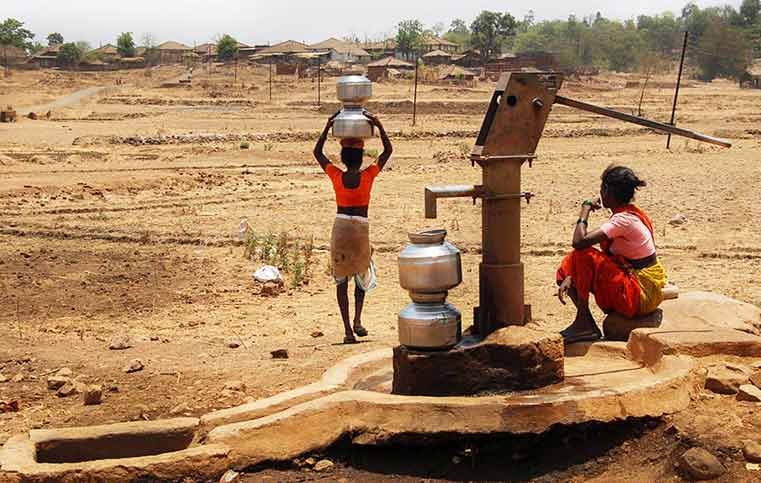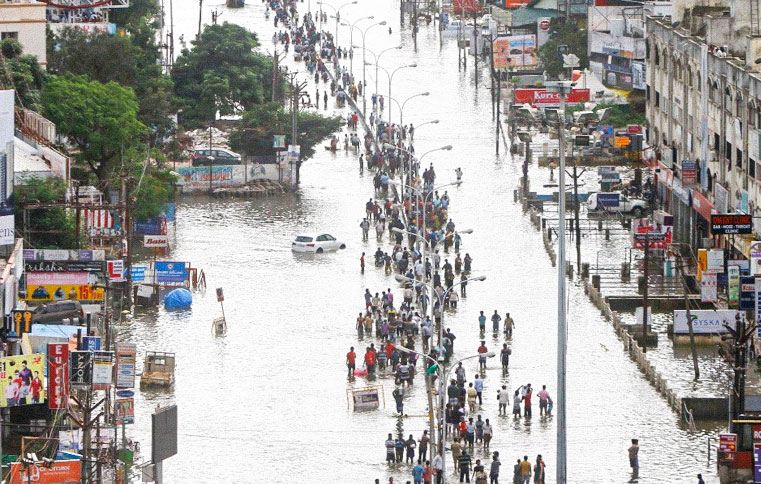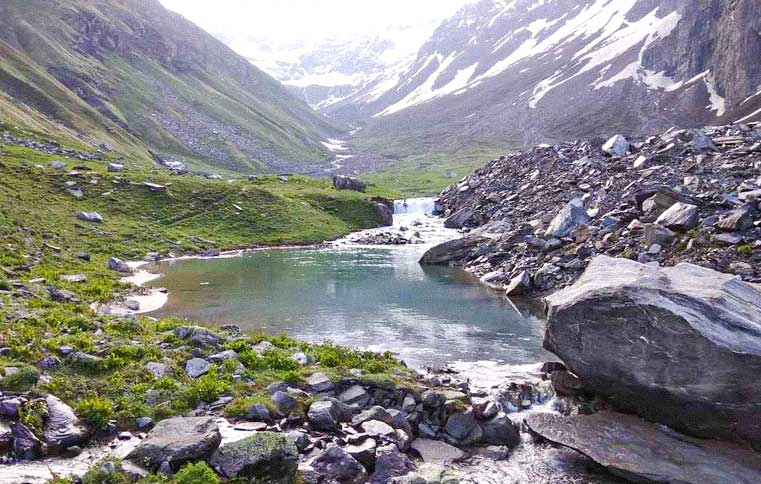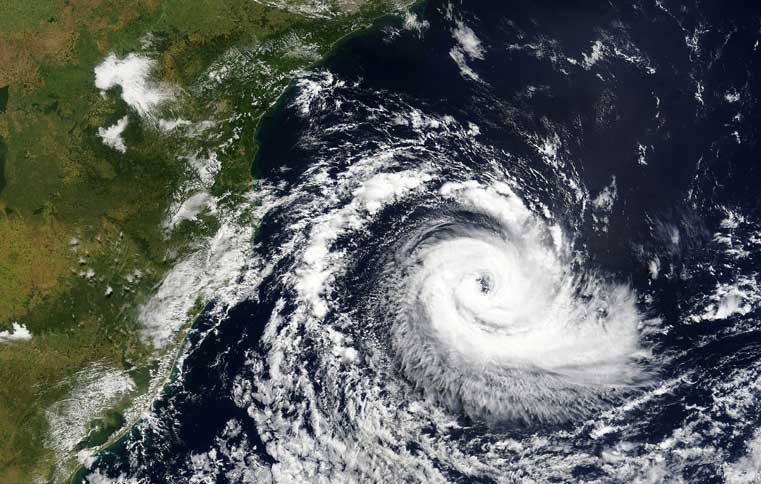Impacting Local Economies And General Wellbeing: The Snowballing Sphere Of Water Crisis
By: Nishikant Gupta | Date: 12th November 2019
 Image Source: CGTN
Image Source: CGTN
A ‘crisis’ can be broadly defined as “a dynamic state which has the potential to bring about sufferings, and one which warrants tough choices at all levels of governance for long term, defensible solutions”.
The current water crisis, which exposes its ugly face every now and then continues to have a disturbing impact on the lives, livelihoods and general wellbeing of communities.
Water crisis can adversely affect communities through the destruction of standing crops, and ill-health of livestock. These two are often the primary source of income for many communities, and their loss and the resulting financial burden can be backbreaking for households.
Adverse impacts to local businesses and the tourism sector ends up with communities once highly dependent on these sectors finding themselves with limited livelihood options to sustain themselves. Last, but not the least, the tragic loss of human lives.
Families are ripped apart and some even destroyed in the aftermath, especially if the loss is of the sole bread earner. Summing up, water crisis has the potential to make people poorer as compared to the rest of their counterparts elsewhere.
Take the droughts which engulf the various regions of Maharashtra each year as one example. These claim both lives and livelihoods of many households, destroying dreams and aspirations of many.
The monetary liability is immense. Households begin to sell even their basic belongings to meet their water demand, and this takes a huge toll on their psychological wellbeing.
To address the above, there are a series of actions which could be investigated to provide the much needed relief:
1. Data generation regarding impeding ‘water disasters’ will be critical to deal with a crisis and its associated impacts.
2. High priority could be given to disaster risk reduction (DRR) and disaster risk management (DRM) in existing and future policies.
3. Critical knowledge backed by scientific findings needs to find its way to the grass root level in a simplified way so that it is better understood.
4. Capacity building of local people and institutions could be important. Trainings and materials need to be provided to local community as they are first to face and act during and after a crisis.
5. Further, both intra- and inter-State sharing of success stories/best examples could provide vital points for preparation and action.












